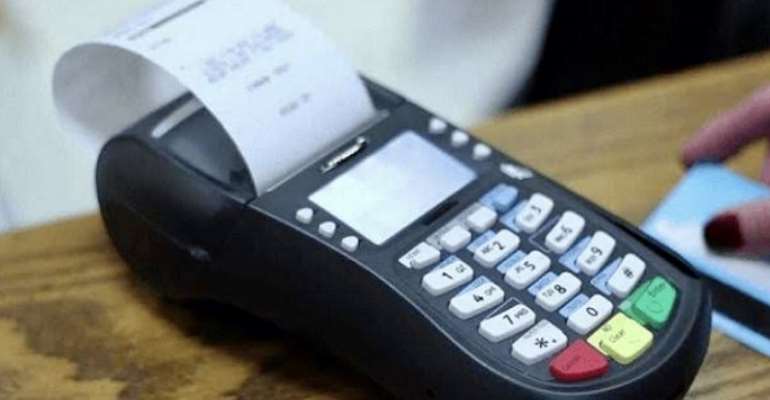A call For Worries As ATMs, PoS, Mobile Channels Record N3.6 billion Fraud

Approximaty N3.62 billion fraud have been perpetrated through the Automated Teller Machines (ATMs); Point of Sales (PoS) machines, mobile and other electronic channels and cash as of third quarter of 2022.
The FITC, which disclosed this in its ‘Report on Frauds and Forgeries in Nigerian Banks’ Q3, 2022, said bank personnel carried out all cash theft cases reported within the period.
According to FITC, outsider involvement in the frauds increased, moving from 14,243 in Q3, 2021 to 16,125 a year after, which was a 324.50 per cent rise. Insider (staff) involvement increased significantly from 32 in Q3, 2021 to 112 in Q3, 2022, a 250 per cent rise. Within this period, 14 appointments were terminated in Q3, 2021 while 20 bank staff were relieved of their duties a year after.
Further analysis showed that 22 tellering fraud was reported in the period under review, which involved four bank staff only and five outside persons with 10 people colluding, where N121, 763,258.91 were involved and actual loss was put at N83.5 million.
In terms of mobile fraud, 6631 total number of fraud cases were reported, where 33 bank staff were involved and 5194 persons from outside colluded. In this case, FITC said N2, 669,417,856.44 were involved and N1, 222, 095,081.99 was lost within the period under review. In terms of theft of cash, 16 cases were reported with the involvement of 16 bank workers, where N569.6 million were involved and N452.2 million was stolen.
According to FITC, within the period, there was no clearing fraud, printing of bank documents illegally; falsification of accounts; foreign exchange fraud and cross firing of cheques and kite flying.
FITC also said despite the overall decline in fraud incidences, the amount involved and the amount lost, it is necessary for banks to improve internal control measures so that fraud activities are proactively prevented.
According to it, to reduce incidences of fraud within the branches of the bank, all fraud control touchpoints must be reviewed critically for loopholes and when these loopholes are identified, efforts must be made to close the gaps to avoid future occurrences.
“As always, banks should continue the ongoing sensitization of their customers on the need to protect their personal details across various channels and banking platforms,” FITC stated.
